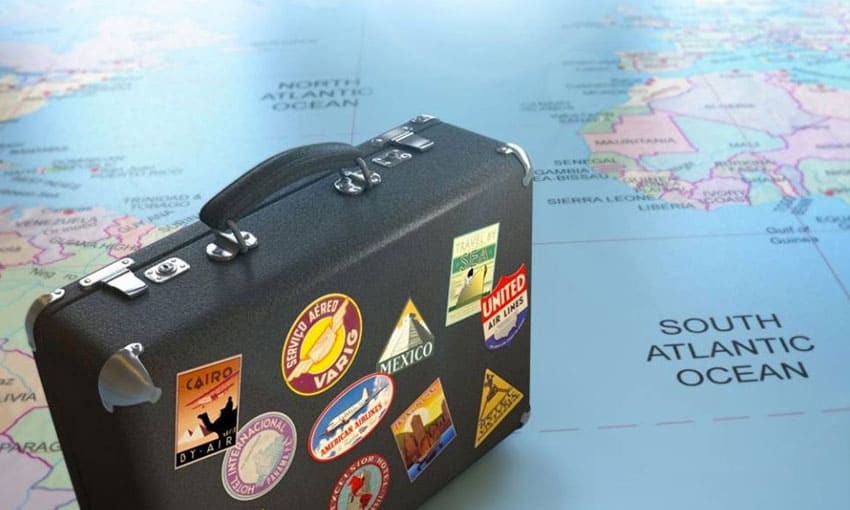Landing a job in Qatar is exciting, but unexpected hold ups with your paperwork can stall or even void your employment offer. Australian professionals often assume an Apostille suffices, but Qatar is not part of of The Hague Apostille Convention Abolishing the Requirement for Legalisation of Foreign Public Documents (Hague Apostille Convention), making embassy attestation essential.
Qatar’s Legalisation Requirements: What You Must Know
Qatar requires a multi step process to legally validate foreign documents.
This includes:
- Notarisation by an Australian Notary Public, issuing a Notarial Certificate confirming authenticity.
- Authentication by DFAT, which provides an authentication certificate that confirms the notary’s signature.
- Legalisation by the Embassy of the State of Qatar in Canberra (and not the consulate).
- Qatar’s Ministry of Foreign Affairs (MOFA) may require final verification once you’re in country.
Skipping embassy attestation invalidates your documents in Qatar, even if steps 1 and 2 are complete.
Key Documents That Must Be Attested for Employment in Qatar
Employers and the Ministry of Labour typically request these attested items:
- Academic degrees and transcripts, especially from Australian universities
- National Police Certificate (formerly known as police clearance)
- Employment offer letters, professional licences, or experience certificates
- Birth or marriage certificates, especially for family sponsored visas
All must pass through the embassy attestation process. Missing this invalidates their official use.
Why Documents Must Be Attested for Qatar Employment
Qatar’s Ministry of Labour and immigration systems rely on legally attested credentials to:
- Confirm educational authenticity
- Register professionals with licensing bodies, including healthcare and engineering authorities
- Issue work visas in compliance with labour regulations
- Validate identity for background checks and family visas
Even if your employer is flexible, government authorities will not process incomplete documentation.
Navigating Embassies, Visas, and Attestation Efficiently
Here’s how to stay ahead:
- Check destination requirements upfront; know that Qatar requires full embassy attestation
- Ensure your documents are in original or notarised form; pdfs or scans won’t pass
- Prepare multi step processing; DFAT authentication comes before embassy legalisation
- Allow 2–4 weeks for embassy attestation, with possible delays around holidays or peak seasons
- Arrange MOFA verification upon arrival, especially if your profession or visa category explicitly requires it
What You Can Do Now
If you’ve accepted a Qatar job offer or expect to:
- Get your academic or professional documents notarised in Australia
- Submit to DFAT for authentication
- Send all authenticated documents to the Embassy of the State of Qatar in Canberra for legalisation
- Once in Qatar, check if MOFA verification is required and have your documents authenticated locally
Starting early gives you peace of mind and ensures you don’t lose your job offer due to technicalities.
Let Us Help You Get It Right

Ignoring embassy attestation isn’t just risky; it can undermine your entire employment contract. At Authentifier, we specialise in supporting job seekers with Australian qualifications to Qatar. We manage every step, from notarisation and DFAT authentication through to embassy attestation and, where needed, coordination with MOFA in Qatar. Our goal is to make the process of Australian document attestation for Qatar as simple and stress-free as possible.
Our express attestation service is reliable, accurate, and designed to help you start your job on time. Let us ensure your documents are fully compliant, so you can focus on preparing for your new role in Qatar.




